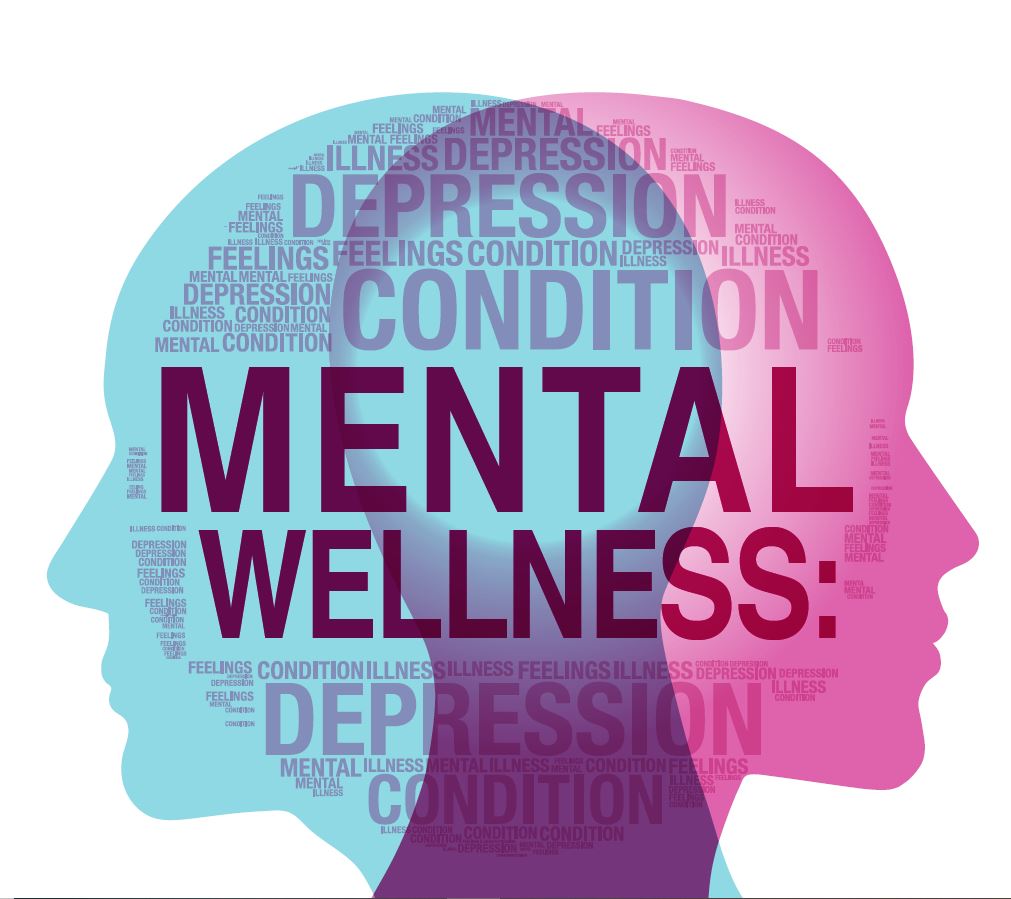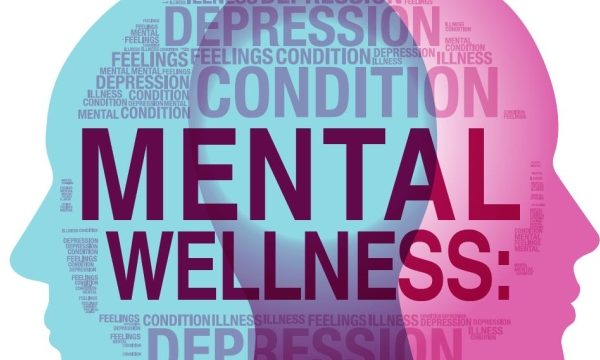
Welcome to a journey through the intricate landscape of mental health. The human mind is a multifaceted entity that shapes our perceptions, emotions, and behaviors. It is a realm where the interplay of thought patterns, experiences, and biochemical processes give rise to the rich tapestry of our mental well-being. Amidst this complexity lies the delicate balance of maintaining emotional equilibrium and navigating the challenges that life presents. Understanding mental health is not merely about clinical diagnoses but also about nurturing resilience, practicing self-care, and fostering compassion towards ourselves and others. By unraveling the layers of the mind, we embark on a transformative exploration of our inner worlds and the power of healing and growth.
Understanding Mental Health
Mental health is integral to overall well-being, encompassing emotional, psychological, and social aspects of an individual’s life. It is not simply the absence of mental illness but rather a state of equilibrium where one can cope with life’s challenges and fulfill their potential. Factors such as genetics, environment, and life experiences play significant roles in shaping an individual’s mental health.
Recognizing the importance of mental health is crucial for fostering a supportive and inclusive society. Stigma and misconceptions surrounding mental health can prevent individuals from seeking help and receiving the care they need. By promoting awareness and understanding, we can create an environment where mental health is viewed with the same importance as physical health.
Self-care practices, such as maintaining a healthy lifestyle, seeking social support, and engaging in activities that promote relaxation and stress management, play a vital role in preserving mental health. It is essential to prioritize self-care, destigmatize seeking professional help when needed, and cultivate a culture of openness and acceptance towards mental health issues.
Common Mental Health Disorders
Anxiety Disorders:
Anxiety disorders are characterized by persistent feelings of worry, fear, or unease. Common types include generalized anxiety disorder, panic disorder, social anxiety disorder, and specific phobias. Symptoms can vary in intensity and impact daily functioning.
Mood Disorders:
Mood disorders encompass conditions such as depression and bipolar disorder. Depression can lead to persistent feelings of sadness and hopelessness, while bipolar disorder involves extreme mood swings between highs (mania) and lows (depression). These disorders can significantly affect one’s quality of life.
Therapy Trainings
Eating Disorders:
Eating disorders like anorexia nervosa, bulimia nervosa, and binge-eating disorder are mental health conditions that can have serious physical consequences. Individuals with eating disorders may have distorted perceptions of their bodies and struggle with behaviors related to food and weight.
Seeking Help and Treatment
When facing mental health challenges, seeking help and treatment is a vital step towards healing. Many individuals hesitate to reach out due to stigma, but it’s important to remember that seeking help is a sign of strength. Therapy and counseling provide a safe space to explore emotions and develop coping strategies.
In addition to therapy, medication can be an effective tool in managing mental health conditions. It’s essential to consult with a healthcare professional to determine the right treatment plan for your specific needs. Medication combined with therapy can offer a comprehensive approach to addressing mental health concerns.
Furthermore, support groups and community resources can play a significant role in the recovery journey. Connecting with others who have similar experiences can provide a sense of belonging and understanding. Whether online or in-person, support groups offer a valuable network of empathy and encouragement.


